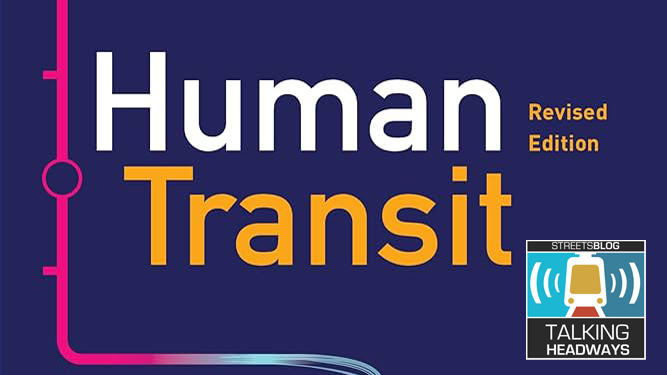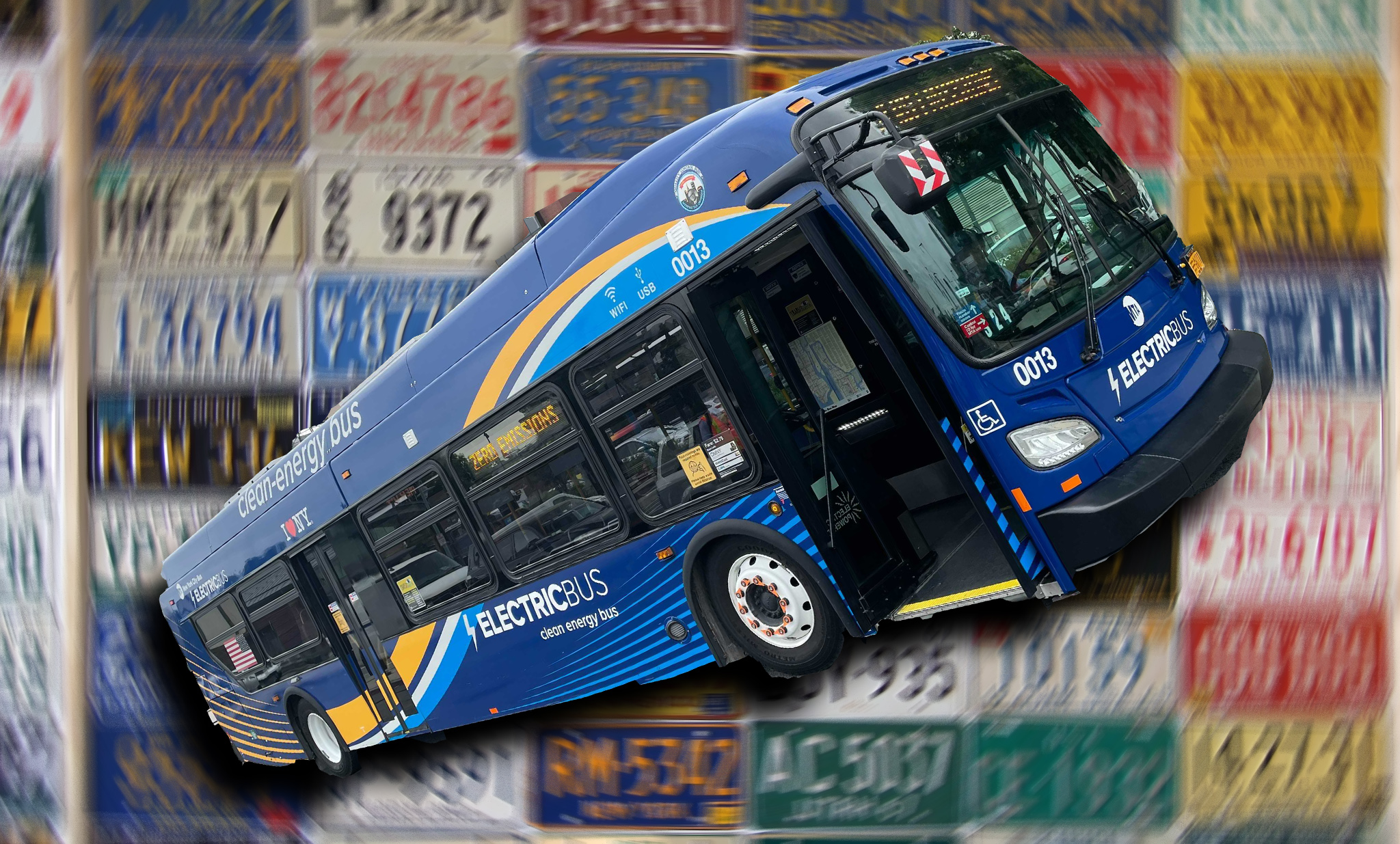As Washington waits for the next federal transportation bill to emerge, Streetsblog Capitol Hill is taking a featured look at debates from the last congressional go-round that could impact the upcoming re-write. For today's installment, let's take a trip to New Jersey, circa late 2004.
 Before he was president, he voted to apply state anti-corruption laws to highway contracts. (Photo: whitehouse via Flickr)
Before he was president, he voted to apply state anti-corruption laws to highway contracts. (Photo: whitehouse via Flickr)Just before resigning amid ethical scandal, then-Gov. Jim McGreevey (D) sought to block businesses from using campaign donations to win government contracts -- a move known as "pay to play."
McGreevey's order was written broadly, but it raised red flags at one particular agency: the Federal Highway Administration (FHWA), which charged that the anti-corruption law inhibited competition for road-building contracts.
The FHWA ultimately forced New Jersey to exempt highway contracts from its "pay to play" law by withholding $250 million in federal aid. Yet the state's congressional delegation persisted, adding language to the House version of the 2005 federal transportation bill that allowed New Jersey's law to affect highway contractors.
New Jersey's senators tried to keep that language alive
in the final version of the 2005 highway bill, but their efforts fell eight votes short in the upper chamber of Congress. Exactly eight Democrats voted to preserve the status quo, along with the majority of Republicans.
However, two notable Democrats backed New Jersey's anti-corruption move: then-Sens. Barack Obama (D-IL) and Joe Biden (D-DE).
Four years later, Obama and Biden are in the White House -- but they have not changed the FHWA's stance on "pay to play" laws. In fact, a similar anti-corruption statute in the president's home state of Illinois that Obama backed during his presidential run had to be amended earlier this year to carve out a loophole for road contracts, at the insistence of the new administration.
Asked about the FHWA's continued insistence on exempting itself from state "pay to play" laws, a spokesman for the the federal DOT responded via email:
The FHWA [stance] is based upon longstanding Department of Justice (DOJ)guidance. DOJ has long held that the law requires this outcome. TheDepartment of Transportation and FHWA are following that guidance.
The DOJ guidance in question was written at the request of federal transportation officials in 1986, at the height of political pushback against apartheid in South Africa.
After New York City passed a law requiring contractors to certify that they had not done business with the South African government for at least a year, the DOJ ruled that the law unfairly inhibited competitive bidding by "imposing disadvantages on a certain class of respectable contract bidders".
Washington watchdog groups are now calling on the Obama administration to stop relying on the 23-year-old DOJ opinion. Craig Holman, legislative representative for Public Citizen, told Streetsblog he has made personal entreaties to the White House to abandon the federal DOT's current position.
"I really am expecting the White House to overturn the DOT's decision, since Obama pledged support for the Illinois law," Holman said. "The hypocrisy would be overwhelming if, at the same time, he's trying to weaken the pay-to-play law by excepting highway contracts."
The federal DOT spokesman addressed the appearance of a shift in Obama's position on highway contracting reform:
President Obama has been recognized as an ethics reformer throughouthis career, including since taking office as President four months ago. He supported a broad and badly-needed Illinois state ethics law lastyear. The law was focused on Illinois state matters and did not, to ourknowledge, address the issue of this narrow federal-state conflict [cited by the DOT].
In fact, the next skirmish on the issue may come before Congress has a chance to revisit the issue in the upcoming federal transportation bill. The FHWA told Holman in a letter last month that it is now examining Connecticut's recent anti-corruption law and may seek an exemption for road contracts.
If the agency makes that move, Holman said, "I'm looking forward to a case in court" that would challenge the federal DOT's position.




